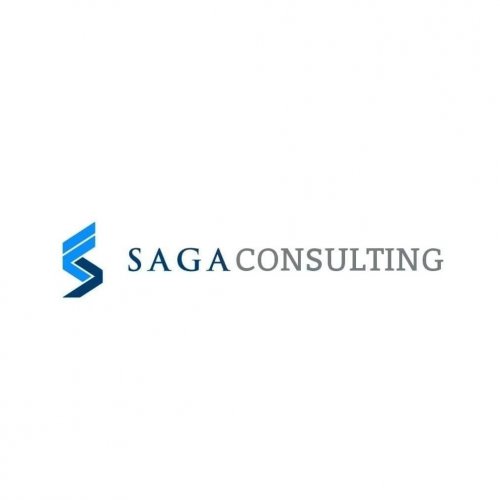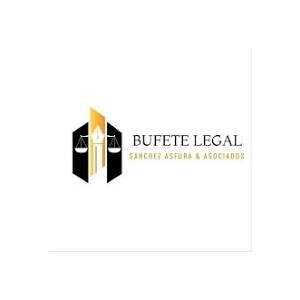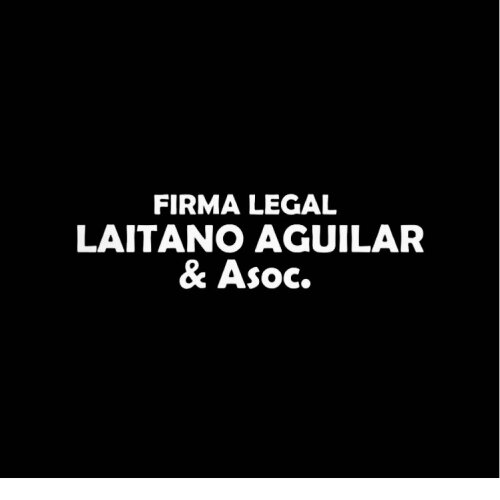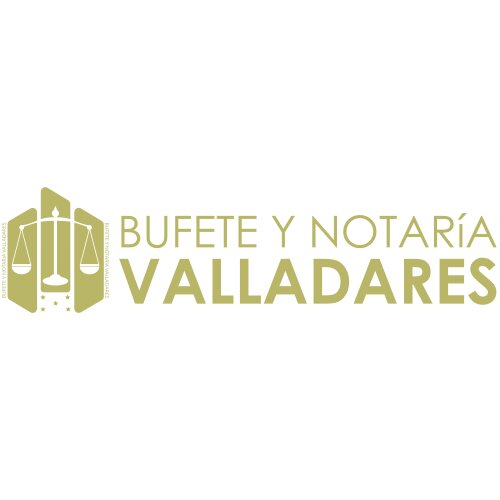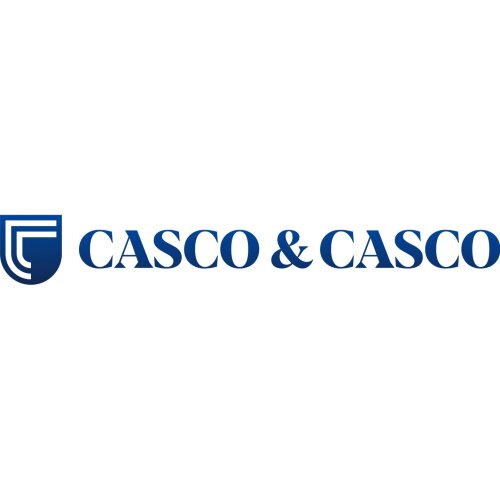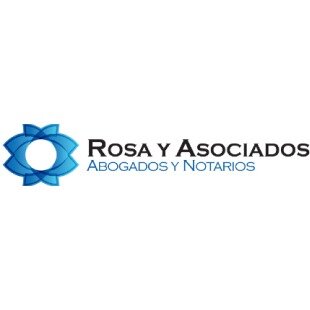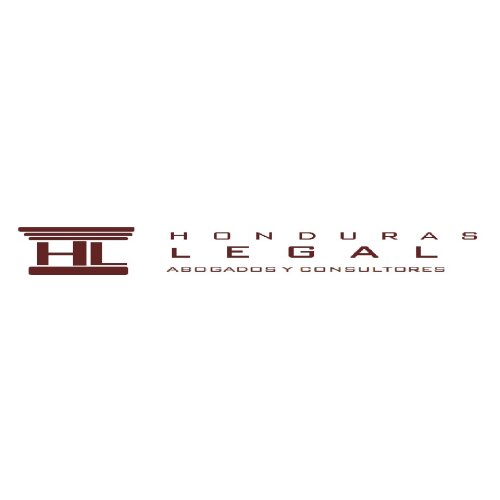Best Antitrust Litigation Lawyers in Tegucigalpa
Share your needs with us, get contacted by law firms.
Free. Takes 2 min.
List of the best lawyers in Tegucigalpa, Honduras
About Antitrust Litigation Law in Tegucigalpa, Honduras
Antitrust litigation in Tegucigalpa, Honduras refers to the process of resolving disputes related to unfair competition, monopolistic practices, and other anti-competitive behavior in the marketplace. The main objective of antitrust law is to promote fair competition, prevent market abuse, and protect consumers and businesses from practices that could harm the competitive environment. In Honduras, these laws are enforced to ensure that businesses compete fairly, thereby fostering innovation, efficiency, and providing consumers with better choices and prices.
Why You May Need a Lawyer
Legal assistance is often required in antitrust litigation due to the complexity of the laws and the significant impact that outcomes can have on businesses and consumers. You might need a lawyer if:
- You suspect that a competitor is engaging in price fixing, bid rigging, or market division.
- Your business is accused of monopolistic or anti-competitive practices.
- You are entering into mergers or acquisitions that could affect competition and require approval by regulatory authorities.
- You are involved in contracts that may restrict free competition.
- You need to respond to an investigation or a notice from enforcement authorities.
- You are facing penalties or sanctions from regulatory bodies for alleged antitrust violations.
A specialized lawyer can help you understand your rights and obligations, develop compliance programs, and represent you in administrative or judicial procedures.
Local Laws Overview
The primary framework for antitrust regulation in Honduras is the Law for the Defense and Promotion of Competition (Ley de Promoción y Defensa de la Competencia). This law is enforced by the Comisión para la Defensa y Promoción de la Competencia (CDPC). Key aspects include:
- Prohibited Conduct: Actions such as price fixing, limiting production, dividing markets, and abusing a dominant market position are generally forbidden.
- Mergers and Acquisitions: Transactions that might substantially lessen competition require notification and, in some cases, pre-approval by the CDPC.
- Sanctions: Businesses and individuals found guilty of violating competition laws may face fines, corrective orders, or other penalties.
- Private Litigation: Parties affected by anti-competitive practices can seek damages through the courts.
- Investigation and Enforcement: The CDPC has the authority to investigate and sanction entities that breach antitrust regulations.
Being familiar with these local legal requirements is crucial for businesses operating in Tegucigalpa.
Frequently Asked Questions
What is considered anti-competitive behavior in Tegucigalpa, Honduras?
Anti-competitive behavior includes practices like price fixing, bid rigging, monopolization, abuse of dominant position, and agreements that restrict or distort market competition.
Who enforces antitrust laws in Tegucigalpa?
The Comisión para la Defensa y Promoción de la Competencia (CDPC) is the main governmental body responsible for enforcing competition laws in Honduras, including Tegucigalpa.
Can individuals or businesses file lawsuits if they are harmed by anti-competitive practices?
Yes, those harmed by anti-competitive practices can bring actions in court seeking damages and other remedies.
What penalties can result from violating antitrust laws?
Penalties can include substantial fines, orders to cease illegal conduct, invalidation of contracts, and in some cases, additional civil liabilities.
Are all mergers and acquisitions subject to review?
Not all, but those that may significantly affect market competition are subject to notification and potential review by the CDPC.
How long do antitrust investigations typically take?
The timeline varies depending on the complexity of the case. Some investigations may be resolved in a few months, while others can take over a year.
What should I do if I receive a notice from the CDPC?
You should seek legal advice immediately to understand the implications and prepare an appropriate response.
Can non-Honduran companies be subject to antitrust laws?
Yes, if their conduct has effects on the Honduran market, foreign companies can be held accountable under Honduran competition law.
Is there a way to ensure compliance with competition law?
Implementing a robust compliance program and seeking legal counsel are the best ways to mitigate the risk of violating competition laws.
What types of evidence are important in antitrust litigation?
Key evidence can include contracts, communications, price lists, market studies, and any documentation showing agreements or patterns of conduct affecting competition.
Additional Resources
You may find the following resources helpful if you need more information or support:
- Comisión para la Defensa y Promoción de la Competencia (CDPC): The national authority for competition enforcement and guidance.
- Supreme Court of Honduras: For information about judicial procedures and litigation.
- Local Business Chambers: Many offer guidance and educational resources on competition issues.
- Legal Aid Organizations: These can assist individuals and small businesses who require legal support but have limited resources.
Next Steps
If you believe you are affected by anti-competitive practices or are facing an investigation or complaint, consider the following steps:
- Gather all relevant information and documentation about your situation.
- Consult with a qualified lawyer experienced in antitrust litigation in Tegucigalpa.
- Assess whether your matter involves administrative or judicial proceedings.
- Develop a strategy with your lawyer to respond, whether that means compliance, negotiation, or litigation.
- Maintain open communication with regulatory authorities if required, guided by your legal counsel.
Taking proactive steps and seeking professional guidance early will help protect your rights and interests in antitrust matters.
Lawzana helps you find the best lawyers and law firms in Tegucigalpa through a curated and pre-screened list of qualified legal professionals. Our platform offers rankings and detailed profiles of attorneys and law firms, allowing you to compare based on practice areas, including Antitrust Litigation, experience, and client feedback.
Each profile includes a description of the firm's areas of practice, client reviews, team members and partners, year of establishment, spoken languages, office locations, contact information, social media presence, and any published articles or resources. Most firms on our platform speak English and are experienced in both local and international legal matters.
Get a quote from top-rated law firms in Tegucigalpa, Honduras — quickly, securely, and without unnecessary hassle.
Disclaimer:
The information provided on this page is for general informational purposes only and does not constitute legal advice. While we strive to ensure the accuracy and relevance of the content, legal information may change over time, and interpretations of the law can vary. You should always consult with a qualified legal professional for advice specific to your situation.
We disclaim all liability for actions taken or not taken based on the content of this page. If you believe any information is incorrect or outdated, please contact us, and we will review and update it where appropriate.



